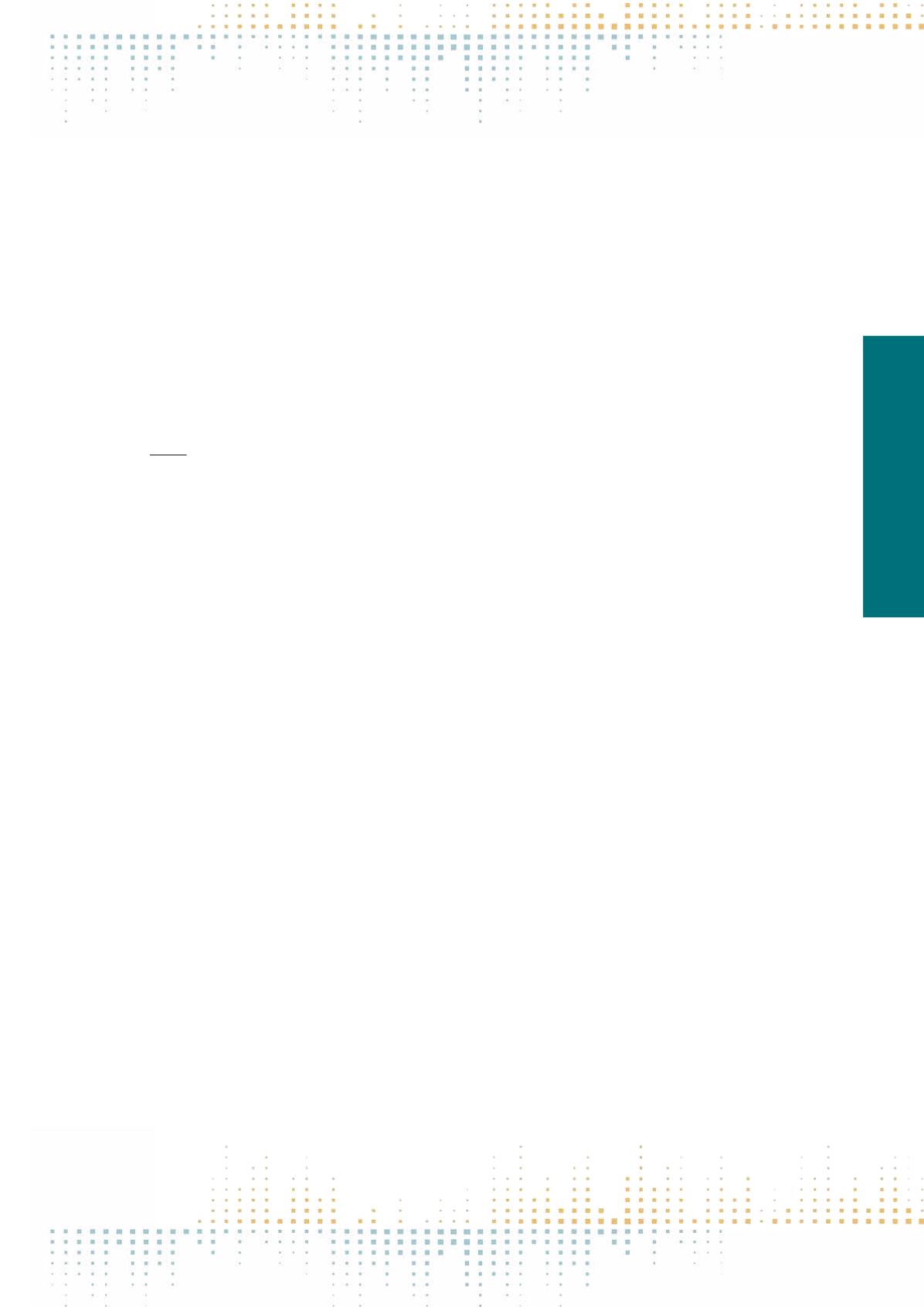

469
Saturday, November 12
1 1 : 0 0 – 1 2 : 3 0
defensive strategies as a second dimension of mediatization. Defensive strategies as well as offensive strategies are initiated by the same presumptions
about the media’s relevance for the field’s performance and guided by perceptions of media logic. Defensive strategies clearly illustrate the theoretical
argument that mediatization stems from social systems, organizations and individuals themselves who act in their own interest. We differentiate between
two strategies, a more passive and a more active one. Passive defensive strategies imply that actors, organizations and operations within social fields do not
change at all – regardless of perceived media demands. We argue that even these non-reactions can be conceptualized as media-related changes (namely
as‘reactions’) as long as they are conscious insistences to ensure the system’s performance. For example, the German legal system is repeatedly requested to
open the trials for live television coverage. However, the field reacts to these demands with persistence; i.e. by deliberately insisting on traditional routines.
The second way of defensive mediatization is to actively take measures that contradict media demands. Examples would be organizations that implement
restrictive media policy rules (e.g. regarding interviews), media boycotts of football teams, politicians cancelling talkshows. As the need for public attention
varies considering individual and collective actors from different social fields, we assume, that motivations of these actors to mediatize differ, too. This also
applies to motivations for defensive adaptations: Are there social fields and actors that more strongly than others have the need to shield against and avoid
media attention than others? What are the motives for defensive mediatization and what kinds of adaptations can be made out? Based on a literature
review and former as well as current research projects on the mediatization of health, politics, science, law and sports, we compare defensive strategies
of mediatization in fields that vary concerning their access to media attention. To systemize the respective media-related adaptations, we differentiate
between measures on the individual, the organizational and the level of operations of social fields.
PP 635
Ethics of the Mediatized World
M. Rath
1
1
University of Education Ludwigsburg, Philosophy, Ludwigsburg, Germany
Today media ethics are due for a reappraisal in view of the media changes seen in recent decades that are meant by "mediatization" (Krotz 2001; 2007). No
longer adequate are concepts that understand media ethics solely as an ethic of public communication in contrast to a private ethic. However, the theory
of mediatization has philosophical significance beyond that. Rather than merely a descriptive template for distinct, historically-differentiated processes
of media practices, it is itself an expression of a growing awareness that imputes a logic of change to observable media and communications practices.
In the introduction to his 1820 work “Elements of the philosophy of right,” Georg Wilhelm Friedrich Hegel defines philosophy as a dialectical movement
of thought that first understands “its”present in a reflexive construction: “As for the individual, every one is a son of his time; so philosophy also is its time
apprehended in thoughts.”(Hegel 1820/1896: 28) Mediatization offers itself as the concept for such a philosophical-ethical reflexion on the present. In this
sense, the "meta process" of “mediatization” can be conceived of as one, or perhaps even the, definitive category of the contemporary epoch’s reflexive
self-understanding. The mediatized world is thus not merely the description of contemporary everyday life, culture and society, but also the description
of the pertinent contemporary self-understanding of everyday life, culture and society. To clarify this, the theory of mediatization is first taken up from
an anthropological perspective and defined as an epochal awareness concept. Invoking Edmund Husserl’s lifeworld concept, it will then be established why
the paper’s title does not refer to “mediatized worlds” in the plural, but rather to “mediatized world” in the singular. In a nutshell: Present-day normative
ethics is ethics of the mediatized world or it is none at all.



















